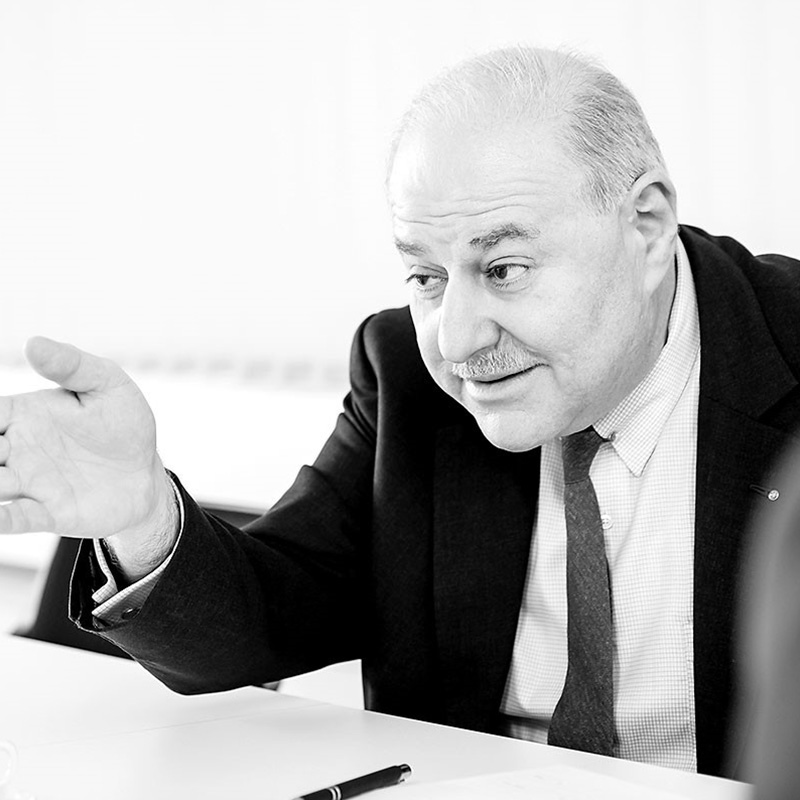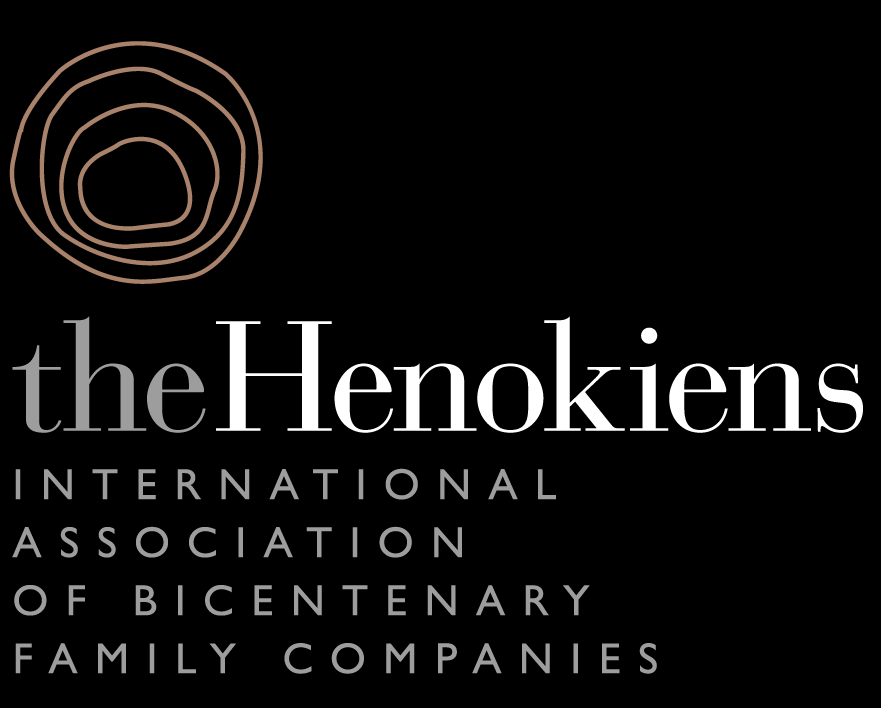Andreas Guth

After graduating from Basel University in economics in 1979 I started working for Dreyfus Sons & Co Ltd, Banquiers
Mr. Guth. You are one of the members of the Henokiens Association, could you please present yourself to our readers?
> Andreas Guth : After graduating from Basel University in economics in 1979 I started working for Dreyfus Sons & Co Ltd, Banquiers. My father Professor Dr Hans Guth was the chairman of the bank as well as being a Professor for Statistics and Econometrics at the University of Basel. After a two year apprenticeship in various departments of the bank I spent two and a half years at the Lazard Banks in London and New York. Our bank had for decades a productive affiliation with Lazard. After returning to Basel I spent many years working in the so-called “Etudes Financières”. The department is today called “Kunden und Anlagen” (Clients and Investments). After becoming the chairman of the Executive Committee in 1991 I joined our Board of Directors in 1996. Upon the retirement of my father I became the executive chairman of the board. My two cousins, Alexis Blum and Pierre Dreyfus, are both vice-chairmen of our board. My wife Ines Guth-Tschopp and I have three adult children and I am grandfather to one girl and five boys.
Can you present your company and its activities?
> A.G.: As one of the oldest private banks in Switzerland, we have for seven generations kept our pledge of assuming responsibility for our clients' wealth. The focus is on the long-term preservation and risk-driven growth of the assets entrusted to us. We see ourselves as a strategic partner to our clients. The relationship with our clients frequently span over several generations. It is privacy, continuity and tailor-made solutions that are the cornerstones of this long-term relationship. With an equity ratio that is a multiple of the statutory requirements, we are able to guarantee the independence and the long-term future of our bank as well as the assets entrusted to us.
Which have been the outstanding events for your company in the recent years?
> A.G.: Definitely the 200-year jubilee in 2013. It was a great event with the entire 'Dreyfus family' present. That includes the family members, the employees as well as all the retirees and their spouses. Together with them we share a work of art called “INTEGRITY”, created by the Italian concept artist Anna Scalfi Egenter. In addition to that we established a charitable foundation with cultural, social and educational purposes that receives yearly contributions out of the results of the bank.
Could you give us some indications about your major projects in a medium or long term?
> A.G.: There is no particular big isolated project. Instead, many smaller ones are typically realised over several quarters. Some aim at providing optimized solutions for the diverse needs of our clients or develop our portfolio management methods to include new financial economic findings. Others are necessary to adjust to strategic and regulatory challenges while aiming to preserve our high level of service quality and to secure our independence.
How can you explain the longevity of your company?
> A.G.: We have always focused not on standardisation and growth at any price but on providing tailor-made solutions for our clients. Working in this niche allows us to cooperate more closely with our clients and that in return increases their loyalty towards us.
Could you say that this extraordinary longevity is an asset in your customer relations?
> A.G.: Absolutely. This is not only reflected by our clients, who often are with us in the second and third generation, but also by our staff for whom the same is true. And, by the way, it is our main orientation with regard to the investment horizon.
Do the traditional values guiding the firm constitute an advantage as regards research and innovation?
> A.G.: Yes. We only do things that we understand and that we can explain to our clients. We are not using a black box but easily understandable methods.
Which are the most important traps that your company must avoid in order not to lose its independence?
> A.G.: Getting too big and too diversified too quickly.
Did over the centuries the strong will of your family to keep its independence require very difficult decisions?
> A.G.: In my generation – and I can only speak for mine – I have not been made aware of other desires.
Is the transmission of the firm to a family member governed by clearly established rules?
> A.G.: Yes, but not to a particular family member but from one generation to the next. This transition also involves the professional management of the bank and the independent members of our Board of Directors.
Is the new generation already working in the firm?
> A.G.: Yes. We are proud to have since a few years’ two members of the 7th generation in our staff. (Out of a total of 14).They all are in their thirties.
Do you have a message to communicate to all those who would like to start their own family business?
> A.G.: Focus on things that you are good at and offer your solutions to select clients. One size does not fit all.

